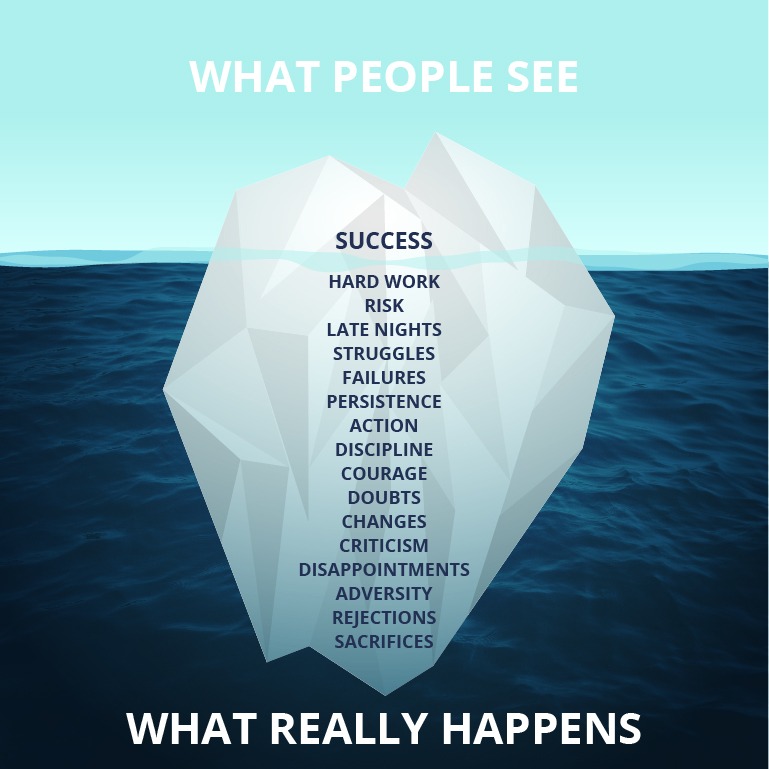Setting and achieving goals is a crucial aspect of personal and professional development, and the concept of S.M.A.R.T.E.R. goals can be transformative in this process. This approach to goal setting starts with evaluating your current situation, identifying what has worked in the past and what hasn’t, and determining what you wish to improve and achieve.
The S.M.A.R.T.E.R. goals framework involves goals that are Specific, Measurable, Achievable, Relevant, Time-based, Evaluative, and Revisable. This method is about more than just making a checklist; it’s about organizing and focusing on the steps necessary to achieve your aspirations. Whether your goals are related to fitness, finances, education, family, art, attitude, pleasure, public service, or career, this approach emphasizes the importance of breaking down your goals into manageable steps, writing them down to clarify and strengthen your intentions, holding yourself accountable, rewarding your progress, and developing effective systems and habits.

How to set a smart goal and achieve it
To ensure that you are making S.M.A.R.T.E.R. goals and actively working on achieving them as best you can, make sure you implement a goal-setting system.

How to make S.M.A.R.T.E.R. goals and achieve them:
1. Evaluate your situation
Reviewing your past and the present situation is the key to setting goals tailored for yourself.
What has worked before? What didn’t as well?
Based on these, what do you want to improve on and achieve?
2. Make it SMARTER
To achieve your goals best, they need to be:
-
Specific
Is the goal clearly written, with no ambivalence? Is it clear who needs to accomplish the goal and any support they might expect?
-
Measurable
Does the goal answer the questions of how many, how much, and/or how often?
-
Achievable
Can you get the support needed to achieve the goal by the target date? Do you have all the resources needed to achieve the goal? Are the results expected realistic?
-
Relevant
Does the goal make a difference in your career? Is it going to make an improvement in your personal life? Is it going to significantly make a difference to your business?
-
Time-based
Does the goal state a clear and specific completion date?
-
Evaluative
Can you gauge whether you are making progress? What worked so far? What can you do better or more effectively?
-
Revisable
If you feel like you aren’t making enough progress on your initial goal, are you able to adapt and keep pushing forward with a revised goal plan?

3. Write it down
Write down your goals to clarify and strengthen your intentions.
4. Break it down
Break down your goals into small and manageable steps to overcome the overwhelming feelings related to daunting tasks.
5. Hold yourself accountable
Hold yourself accountable for maintaining focus and discipline throughout your process.
6. Reward yourself
Rewarding yourself with help reinforces the positive actions you’ve taken so you can continue doing it.
7. Develop systems and habits
Effective systems and habits make it easier for you to accomplish your goals on a regular basis.

If you continuously keep personal and professional goals that you continually work towards, you will see the positive impacts on your life and career.
Setting a smart goal isn’t about making a checklist that you can easily cross off. It is about organizing how to get where you want to be. Whether the goal is physical, financial, education, family, artistic, attitude, pleasure, public service, or career-related, focus on the steps and work that it takes to get there. You will work through the steps in order to reach your smart goal, but each one doesn’t have to be done perfectly. Maybe add: Take one step at a time and celebrate each success/ accomplishment whether big or small.

Don’t get discouraged. If you don’t achieve one part of your goal easily, reassess what happened and revise it in your smart goal setting worksheet. Keep at it and remember: “Success is the sum of small efforts – repeated day in and day out.” – Robert Collier





